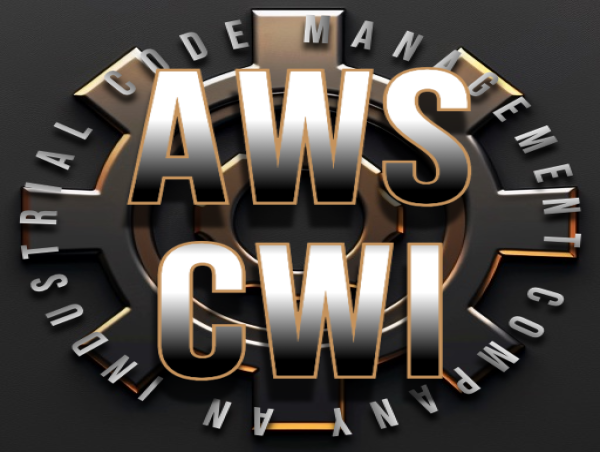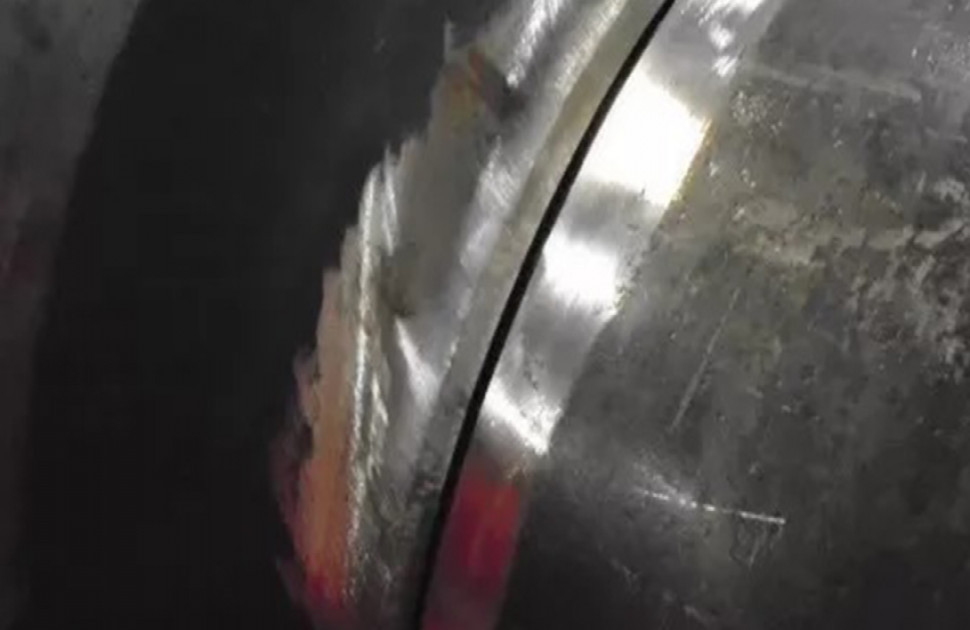Recognizing the Importance of Welding Inspection in Ensuring Structural Stability and Security Across Different Industries
Welding examination is a crucial process that safeguards architectural integrity and security across diverse sectors. By thoroughly assessing weld quality, examiners aid avoid defects that might result in catastrophic failures. This organized assessment not only reinforces compliance with sector standards but additionally plays a pivotal duty in preserving possessions and ensuring public security. The ramifications of overlooking proper assessment practices are extensive, commonly causing substantial financial and human prices. As we check out the complexities of welding inspection, the inquiry develops: what are one of the most crucial variables that add to reliable evaluation processes?
Duty of Welding Examination
While the stability of bonded frameworks is extremely important to safety and efficiency, the role of welding examination can not be overstated. Welding assessment works as a critical quality assurance process that makes certain the adherence to established requirements and specs throughout the welding procedure. By methodically evaluating welds for issues, incongruities, and non-compliance, assessors play an important role in safeguarding the honesty of structures across different sectors.
Welding examinations include a series of tasks, from pre-weld assessments to post-weld assessments. These assessments not just determine possible issues before they rise but likewise improve the total reliability and lifespan of welded elements. Welding Inspection Milwaukee. Examinations help to confirm the ability and competencies of welders, guaranteeing that welding treatments are carried out appropriately and products work
Furthermore, a rigorous inspection method cultivates conformity with regulative requirements and industry requirements, minimizing the threat of tragic failures. By advertising a society of safety and liability, welding examination contributes substantially to both functional and economic performances. Altogether, the role of welding evaluation is crucial, as it underpins the high quality, safety and security, and durability of welded frameworks vital to modern-day facilities and market.
Sorts Of Welding Assessments
Understanding the various sorts of welding evaluations is essential for keeping the quality and security of bonded frameworks. Welding evaluations can be classified into several kinds, each offering a details objective in the examination process.
Visual examination is one of the most basic kind, entailing a mindful evaluation of the welds with the naked eye or via zoom. This technique aids determine surface area problems such as fractures, incomplete combination, or excessive spatter.
Following is non-destructive testing (NDT), that includes strategies such as ultrasonic screening, radiographic testing, and magnetic bit screening. These methods enable examiners to evaluate the honesty of welds without endangering the product's framework. Ultrasonic screening utilizes high-frequency acoustic waves to detect internal problems, while radiographic testing employs X-rays or gamma rays to picture interior weld attributes. Magnetic bit testing, on the various other hand, works for discovering surface and near-surface interruptions in ferromagnetic products.
Damaging screening, though less typical, entails physically evaluating samples to understand the weld's mechanical homes. Each kind of inspection contributes to a thorough analysis, making certain that welding satisfies market requirements and security needs.
Industry Specifications and Rules
Establishing sector standards and policies is important for guaranteeing the safety and security and integrity of bonded frameworks. These standards offer as criteria for high quality, safety and security, and performance, leading suppliers and examiners in the execution of welding processes. Different companies, such as the American Welding Culture (AWS) and the International Organization for Standardization (ISO), have established detailed criteria that determine treatments for welding techniques, qualification of welders, and evaluation strategies.
Conformity with these regulations not only improves the top quality of welds yet also lessens threats related to structural failings. Particular codes, such as the ASME Boiler and Stress Vessel Code, rundown requirements for the construction of pressure vessels, guaranteeing they can withstand functional stresses. Additionally, regional and nationwide guidelines commonly mandate adherence to these sector criteria, reinforcing their value throughout sectors like building and construction, aerospace, and vehicle production.
Normal updates to these requirements show innovations in innovation read this article and welding methods, making certain that safety procedures stay appropriate. Hence, an extensive understanding and execution of these standards is vital for welding specialists, promoting a culture read the article of security and top quality in welded structures.
Effects of Poor Inspections
Insufficient inspections can lead to severe repercussions in the welding industry, undermining the extremely criteria and laws developed to make sure security and architectural honesty. The consequences of poor evaluations can manifest in different types, from prompt safety threats to lasting structural failings.
Furthermore, poor assessments can stain a business's track record and outcome in legal consequences, including fines and litigation. Non-compliance with well established standards not just jeopardizes the integrity of tasks however additionally diminishes customer count on the brand. Additionally, the monetary effects can be shocking, including both direct costs associated with fixings and indirect expenses such as shed company possibilities and enhanced insurance policy premiums. Ultimately, the ramifications of bad examinations extend beyond individual tasks, influencing industry-wide standards and public perception, therefore highlighting the crucial need for extensive and efficient welding evaluations.
Best Practices for Effective Examinations
Reliable welding assessments are extremely important to ensuring the honesty and safety of bonded structures. To achieve optimal outcomes, assessors need to stick to a number of finest methods that boost the assessment procedure.

Secondly, assessors need to possess the required certifications and qualifications pertinent to the welding processes and products being checked out. Continuous training and specialist development are essential to remaining upgraded on industry requirements and technological innovations.
In addition, making use of appropriate inspection devices and methods, such as visual evaluations, ultrasonic testing, and radiographic evaluations, is important for finding defects that might jeopardize architectural honesty.
Finally, extensive documentation of the evaluation process is important. By carrying out these finest practices, organizations can considerably boost the efficiency of their welding inspections and make certain risk-free, reliable procedures.
Final Thought

In a fantastic read conclusion, welding evaluation is crucial for preserving structural honesty and security across various markets. Prioritizing efficient welding inspections is crucial to make sure the security of employees, possessions, and total functional integrity.

As we explore the intricacies of welding inspection, the inquiry develops: what are the most essential aspects that add to efficient examination procedures?
Welding inspection serves as a critical high quality control procedure that makes certain the adherence to developed criteria and requirements throughout the welding operation. In sum, the duty of welding inspection is vital, as it underpins the top quality, safety, and durability of bonded structures important to modern infrastructure and industry.
Various companies, such as the American Welding Society (AWS) and the International Company for Standardization (ISO), have actually developed extensive requirements that determine procedures for welding methods, certification of welders, and examination strategies.
Eventually, the implications of inadequate evaluations prolong past individual jobs, impacting industry-wide criteria and public understanding, therefore stressing the essential requirement for rigorous and reliable welding evaluations.